Publications
Articles, publications, books, tools and multimedia features from the U.S. Institute of Peace provide the latest news, analysis, research findings, practitioner guides and reports, all related to the conflict zones and issues that are at the center of the Institute’s work to prevent and reduce violent conflict.
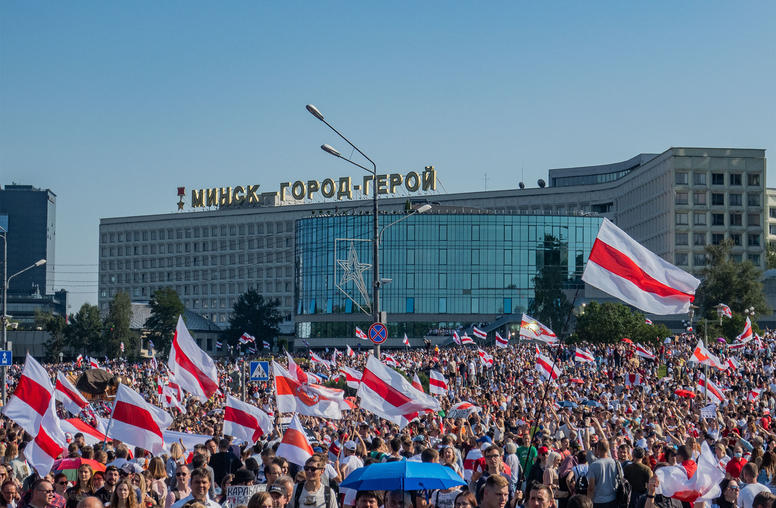
As Russia Bars Democracy in Belarus, Risks Will Rise
As people in Belarus continue massive protests against an autocratic ruler and a rigged election, risks are rising that Russia’s military could take a direct role, less visible than an overt invasion, projecting power westward toward NATO and threatening Ukraine from the north. The dramatic images of this prodemocracy movement resemble those from neighboring Ukraine, yet one difference is critical. The Belarus uprising seeks no sharp break from Russia or turn toward the European Union or NATO. So effective policies to advance Belarusians’ democratic hopes should work for the long term.
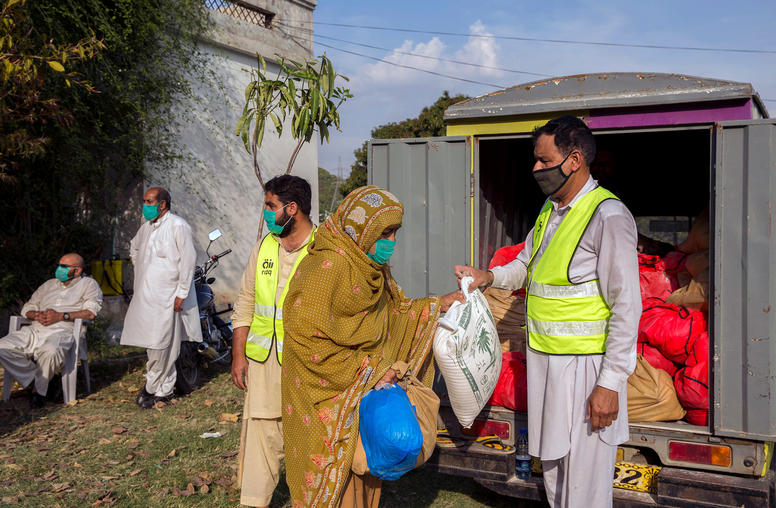
Pakistan Faces a Long Road to Sustainable Growth
At the turn of the century, Pakistan had the highest GDP per capita when compared with India, Bangladesh, and Vietnam. Twenty years later, it is at the bottom of the group. Political upheaval, a violent insurgency fed by the war in Afghanistan, and the inability of successive governments to carry out reforms are to blame for this decline. Today, a polarized political environment and elite intrigue among civilian, judicial, and military institutions has made sustainable economic growth and reforms that much more unlikely. The COVID-19 pandemic has further sharpened the challenge.
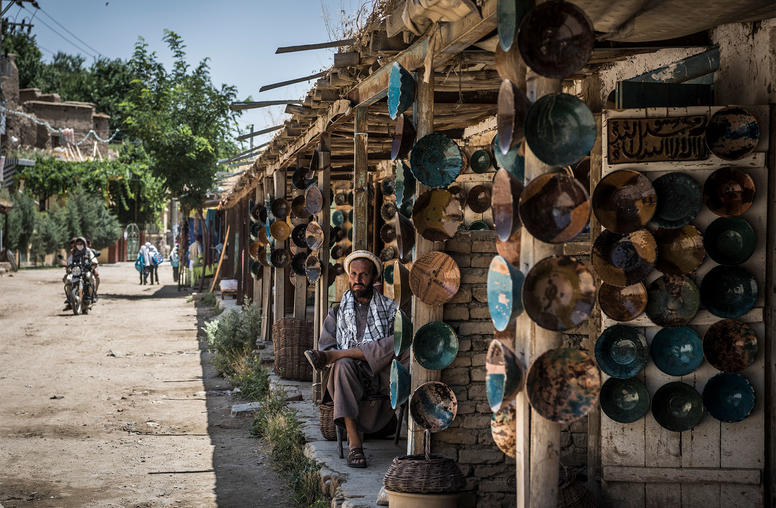
Afghanistan Donor Conference 2020: Pitfalls and Possibilities
When Afghan officials and international donors meet next month to consider future aid commitments to Afghanistan, they will face a changed situation from their last gathering four years ago. Then, the focus was on tying financial assistance to government reform in the midst of ongoing war with the Taliban; peace was barely on the agenda. Now, peace talks between the Taliban and the government have begun, and a new Afghan administration is still taking shape with an agreement that resolved the disputed 2019 presidential election. Meanwhile, fighting and casualties remain at unsustainable levels and the country is reckoning with the COVID-19 pandemic and its consequences.
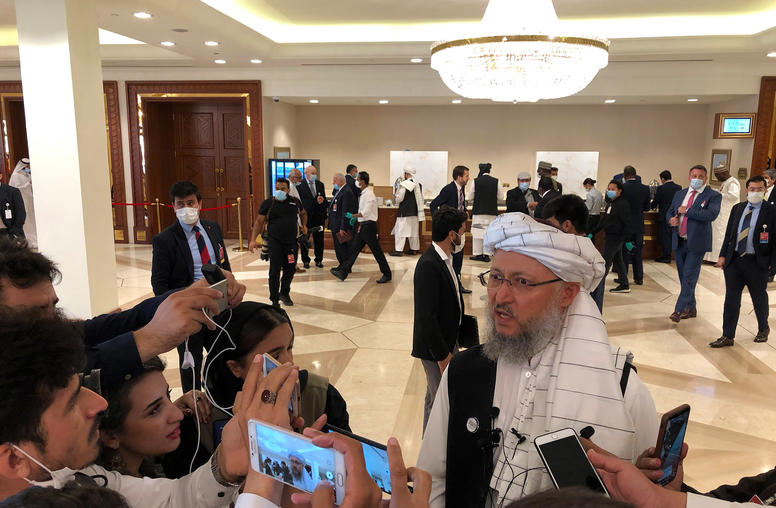
Whither Islam in Afghanistan’s Political System After the Taliban Talks?
The question of how and where Islam should fit into future legal and political frameworks has emerged as a major sticking point in the talks between the Taliban and the Afghan government in Qatar. How this question is resolved will be closely watched by Afghans, who want to ensure their hard-won rights are not sacrificed for the sake of a deal with the Taliban—Afghan women in particular have much at stake. The international community will similarly scrutinize the outcome, and their engagement with Afghanistan after the talks is expected to be conditioned on the contours of any political settlement.
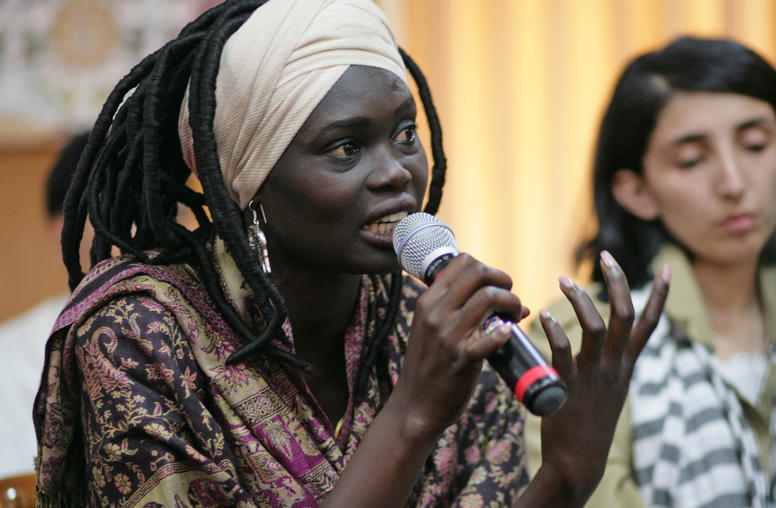
What Works in Youth Projects? Lessons for the Youth, Peace, and Security Field
Until the adoption of UN Security Council Resolution (UNSCR) 2250 in 2015, the international community had no comprehensive framework with which to address the specific needs and opportunities of a key demographic group—young people. This report presents the findings of a meta-review assessing fifty-one youth projects supported or implemented by USIP between 2011 and 2018 and offers recommendations for continuing to develop and support peacebuilding activities with effective engagement, cooperation, and flexibility among civil society organizations and funders.
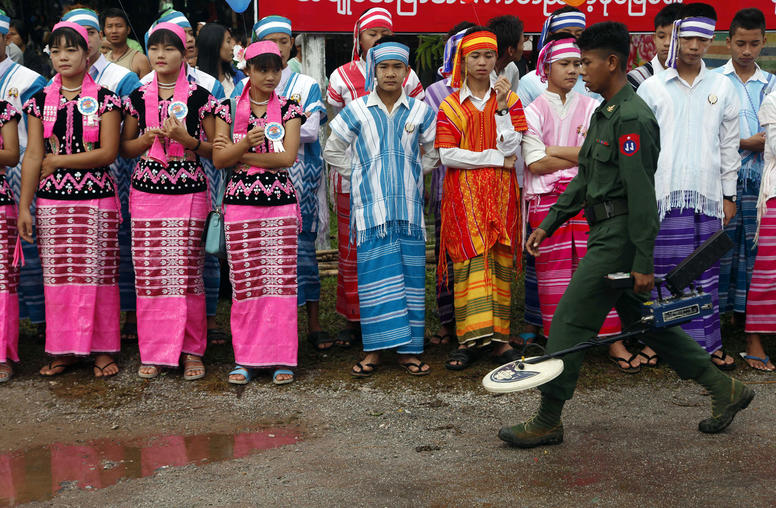
Why Burma’s Peace Efforts Have Failed to End Its Internal Wars
After seven decades of civil war and five failed peace efforts, Burma is no closer than before to reaching an agreement that would bring an end to its many conflicts. Analysis of those previous attempts shows that they all foundered on immutable attitudes on both sides. This report suggests that the peace process needs a fresh start, learning from the past and seeking to resolve underlying political disparities while prioritizing community interests and sustainable development.
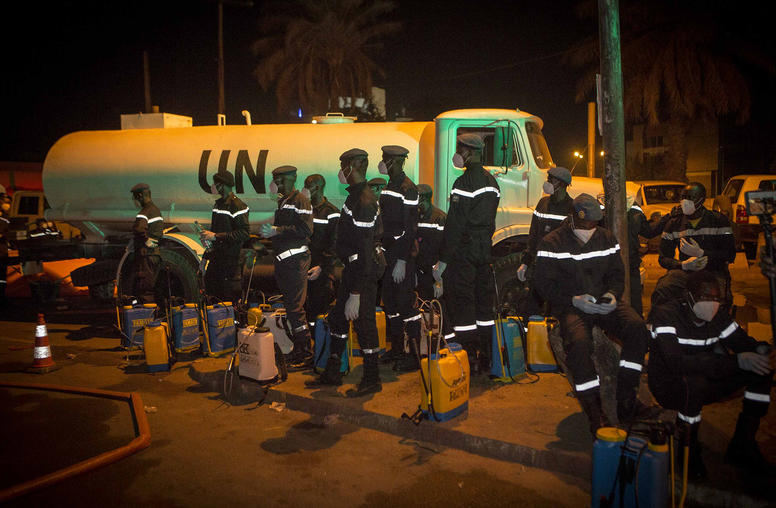
Four Lessons for Cease-fires in the Age of COVID
During his opening remarks at the 75th U.N. General Assembly, Secretary-General António Guterres renewed his appeal for a global humanitarian cease-fire, urging the international community to achieve one in the next 100 days. But in the roughly 180 days since his initial appeal, most conflict parties have not heeded the secretary-general’s plea. What can peacebuilders do to advance the secretary-general’s call? Four key lessons have emerged over the last six months on how cease-fires can be achieved—or stalled—by COVID-19.
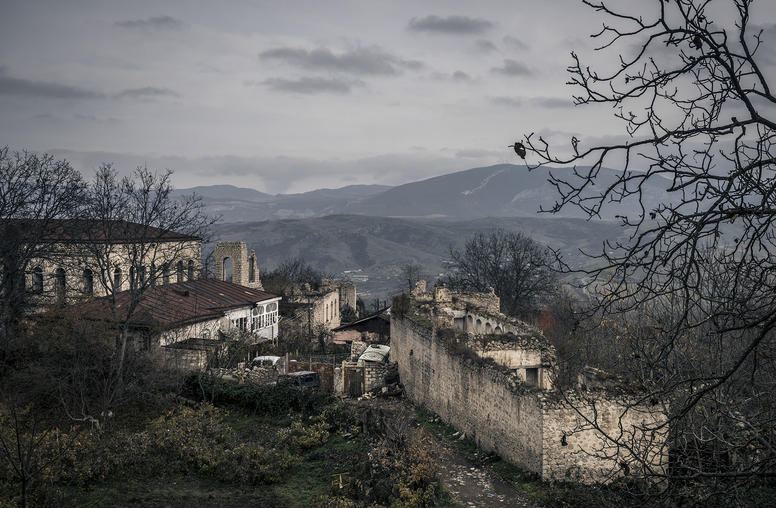
A Fire in the Garden: Can We End the Nagorno-Karabakh War?
Amid the world’s profusion of wars, COVID crisis and turbulent U.S. elections, a reader could overlook the century’s worst eruption of bloodshed between Armenia and Azerbaijan. But the revival this week of war in the Caucasus region should galvanize policymakers in Washington, Europe and Moscow to lean in hard and resurrect vigorous peacemaking for the first time in recent memory. While it’s unclear whether a full resolution can be achieved in any near future, this week’s fighting signals the risk of neglect: a dangerous, wider war.
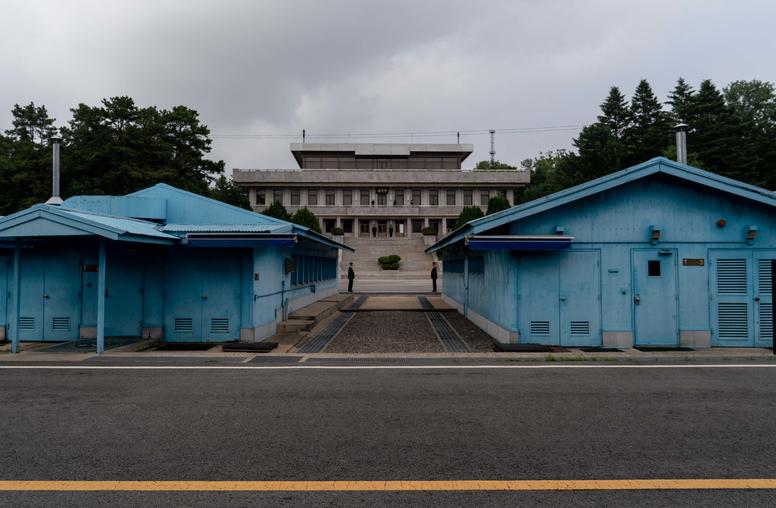
Four Ideas for a More Practical Approach to North Korea
A significant impediment for the United States is that it continues to narrowly limit its policy options while North Korean capabilities expand unabated. Washington’s window of discourse on North Korea policy largely consists of: Pressure the Kim regime through sanctions; don’t legitimize or reward it until preconditions are met; and don’t make any concessions until the North takes significant denuclearization measures first. To achieve any sustained results, these policy boundaries must be substantially widened to include more realistic and practical measures. We, along with our colleagues at USIP, explored many of these issues in a recent report, “A Peace Regime for the Korean Peninsula.”

Tyler Beckelman on the Virtual U.N. General Assembly
While this year is the U.N.’s 75th Anniversary, the General Assembly was a “more muted affair” than expected, says USIP’s Tyler Beckelman. Member states had a chance to discuss the newly signed Abraham Accord and the future of multilateral diplomacy, but virtual summitry is “no substitute for meeting in person.”